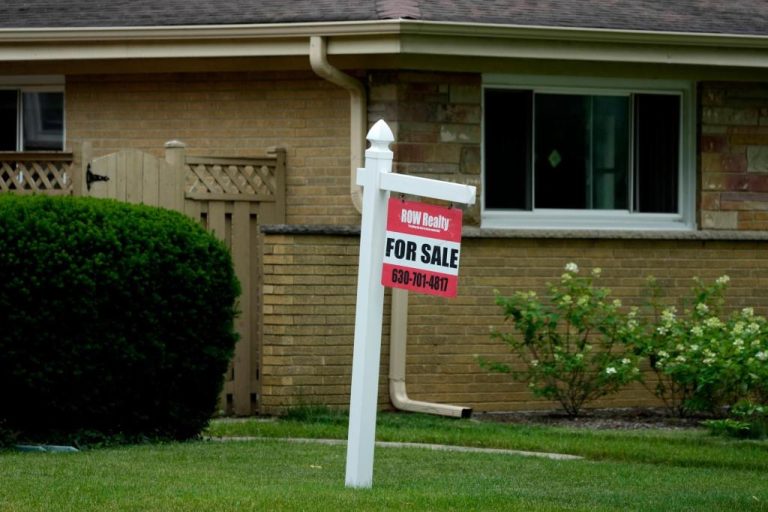The San Diego Police Department says it is close to clearing its backlog of sexual assault evidence kits, a task in the works since 2020.
The department expects to test about 140 kits from before 2016 — which would clear the backlog — by the end of the year.
The department had about 1,800 untested kits before it sent them to a private lab in 2020.
The tested kits include about 1,200 kits from before 2016 and 450 kits collected from 2016 to 2019. The latter required testing under state law: In 2019, Gov. Gavin Newsom signed Senate Bill 22, which mandates testing of kits collected on or after Jan. 1, 2016.
SB 22 requires law enforcement agencies to submit rape kits for testing within 20 days, and crime labs to test the evidence within 120 days.
For years San Diego police, like other agencies, said there was no value in testing all kits — they did test kits in cases in which the suspect was a stranger — and resisted testing old kits. Then came a statewide push to clear shelves of untested kits across the state. Proponents said testing could link suspects to multiple cases.
San Diego police officials shared the update on its backlog during a Public Safety Committee meeting last week. They also asked for an additional $1 million to put toward an existing contract with the private lab, Bode Technology, for a total amount not to exceed $4 million. Police officials said the additional funding will allow the department to continue to clear the backlog and test newer kits, as required by state law.
The committee unanimously approved the request.
City Attorney Mara Elliot wrote the committee a letter in which she expressed her support for the extra $1 million.
Elliott said sexual assault survivors undergo forensic medical examinations that last four to six hours.
“It is frightening and intrusive for a victim to agree to such an exam, but they do so because the evidence collected during the examination can bring a perpetrator to justice,” Elliott said. “A victim whose rape kit is not processed feels re-victimized and marginalized, which is unacceptable.”
Evidence in the kits can be used to link the assault to a suspect in existing DNA databases or develop a DNA profile for future use.
The Police Department outsourced the work to Bode Technology in 2020, after SB 22 was signed into law.
The move also came after a Voice of San Diego news report found the department did not test all swabs available in 40 kits in its backlog — a faster but lower standard of testing.
During the public safety meeting, officials said the department plans to resume in-house testing of kits by fall 2024. As part of the plan, the department is adjusting its workflow to involve more personnel in the testing process, including on the front end so more samples are available for testing.
Councilmember Monica Montgomery Steppe commended the department for the progress on clearing the backlog and said it was encouraging to hear that more personnel will “build capacity” for testing. She asked the department to return with updates about the in-house transition.
Other local law enforcement agencies partnered with the county District Attorney’s Office to test old kits and have already cleared their backlog. In June 2021, District Attorney Summer Stephan announced that all kits — 2,030 — had been tested.
In response to state law, San Diego police last year launched an online website for sexual assault survivors to track the status of their kits. The state Department of Justice also launched a portal, which includes information about kits from other agencies across the state.
To access the San Diego police portal, survivors can visit trackit.sandiego.gov and enter their kit number. To track down evidence kit numbers, survivors can call Palomar Health, which oversees the collection of kits, at (760) 739-2150.






